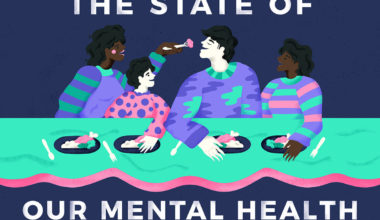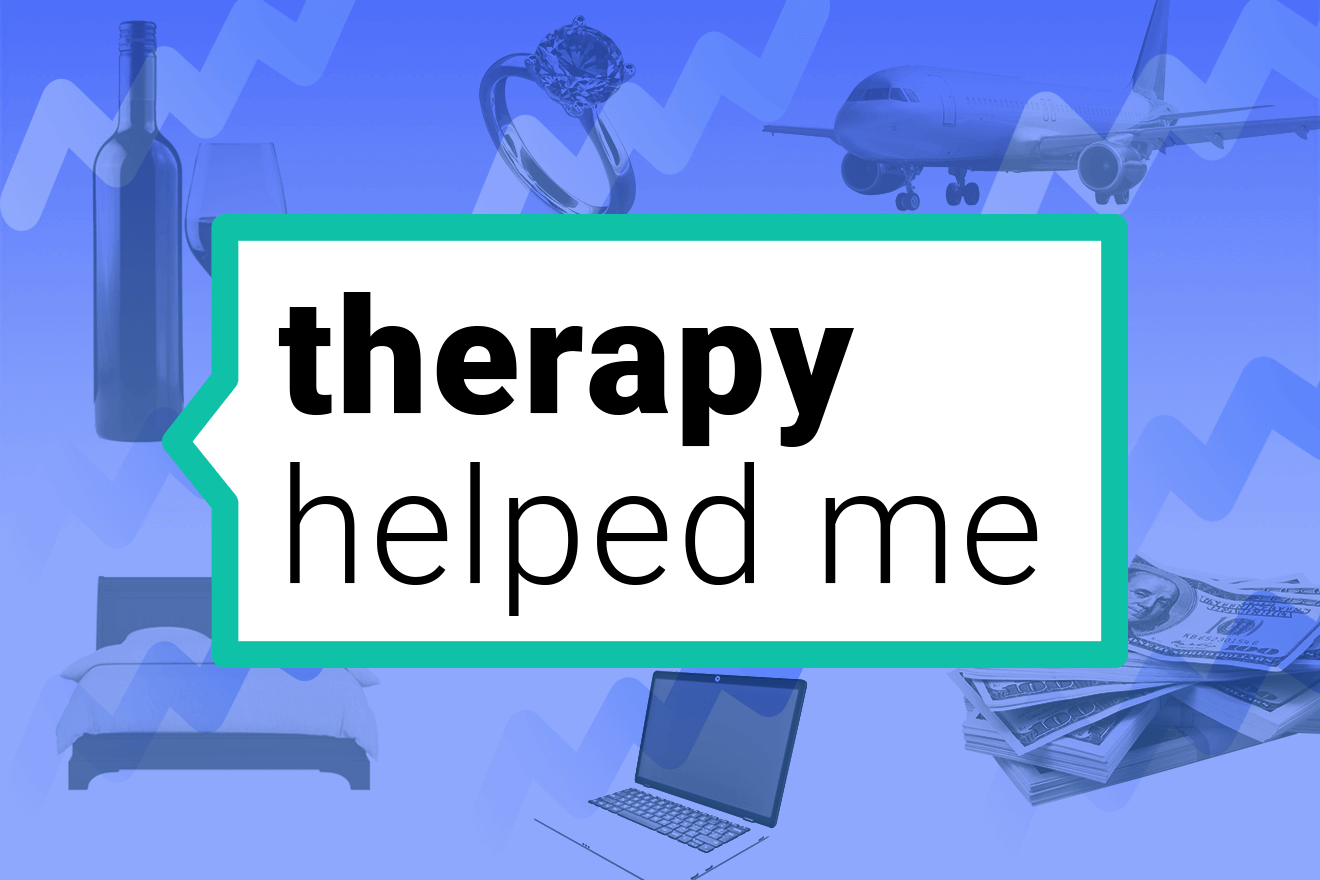Almost everyone has experienced family drama at one time or another. For some people, there is sibling rivalry that continues into adulthood. For others, it is a dramatic parent who expresses their disapproval in very obvious ways. Nobody feels good about family conflict, but, in some families, it is bearable and fairly infrequent. However, in other families, drama becomes a constant source of unhappiness and even toxicity.
When “Drama” Becomes Toxic
Family drama becomes toxic when it makes you feel anxious, sad, and angry when you think about the prospect of spending time with your family members. If there is no comfort or positivity when you contemplate hanging out with your loved ones, then it is time to introspect deeply about your family’s interactional style and its impact on your life and mental health.
One major way that families can be toxic is when all family members enable a self-absorbed or dramatic parent to act in dysfunctional ways. For example, if your mother is highly dramatic and can cry at the drop of a hat, other family members may learn to “walk on eggshells” around her. Your father may entreat you and your siblings not to say anything that could make your mother upset, which may end up meaning that you tensely sit around, making small talk and hoping that your mother doesn’t react poorly to any comment that anyone makes.
This sort of situation, where all family members have to police their own behaviors in order to not upset a specific person, can be common in families where one member suffers from Narcissistic or Borderline Personality Disorder. Also, when a family member is highly anxious or depressed, people can guard themselves closely so as not to bother this person. Such a family becomes stressed and guarded, and interactions between all family members may feel awkward, even if they don’t include the “suffering” family member.
Passive Aggressiveness and “Scapegoating”
Another classic way that family drama can become toxic is when passive aggressiveness is a hallmark of the family interactions. In such a family, many snide comments are made, but they are expressed in such a way that they are covert, and can be denied if anyone calls them out. In homes where people continually make passive aggressive jabs at one another, family members can feel uncomfortable, emotionally unsafe, and even gaslighted.
Additionally, some families have a “scapegoat,” or one family member that everyone insults, directly or indirectly, and blames for various problems. Maybe it is a sister who “never got her life together,” or a brother that is obese and serves as the butt of everyone’s jokes. It can even be a parent who is condescended to. If it is you, then you likely are terrified of family encounters because of the bullying by your family members, including comments about your appearance, job, relationships, and overall personality.
Overcoming Familial Toxicity
If you find yourself fearing family encounters, and making excuses not to call home or go home for family events or holidays, it is useful to consider whether the family drama has reached toxic levels.
When you find yourself unable to tolerate spending time with your family, and even having emotional or physical symptoms in response to the thought of seeing them (e.g., stomach aches, headaches, panic attacks), then it can be extremely beneficial to meet with a therapist. A therapist can work with you to better understand why you feel so triggered by your family, and how to set emotional and even physical boundaries that may allow you to better navigate family get togethers.
Talkspace articles are written by experienced mental health-wellness contributors; they are grounded in scientific research and evidence-based practices. Articles are extensively reviewed by our team of clinical experts (therapists and psychiatrists of various specialties) to ensure content is accurate and on par with current industry standards.
Our goal at Talkspace is to provide the most up-to-date, valuable, and objective information on mental health-related topics in order to help readers make informed decisions.
Articles contain trusted third-party sources that are either directly linked to in the text or listed at the bottom to take readers directly to the source.




